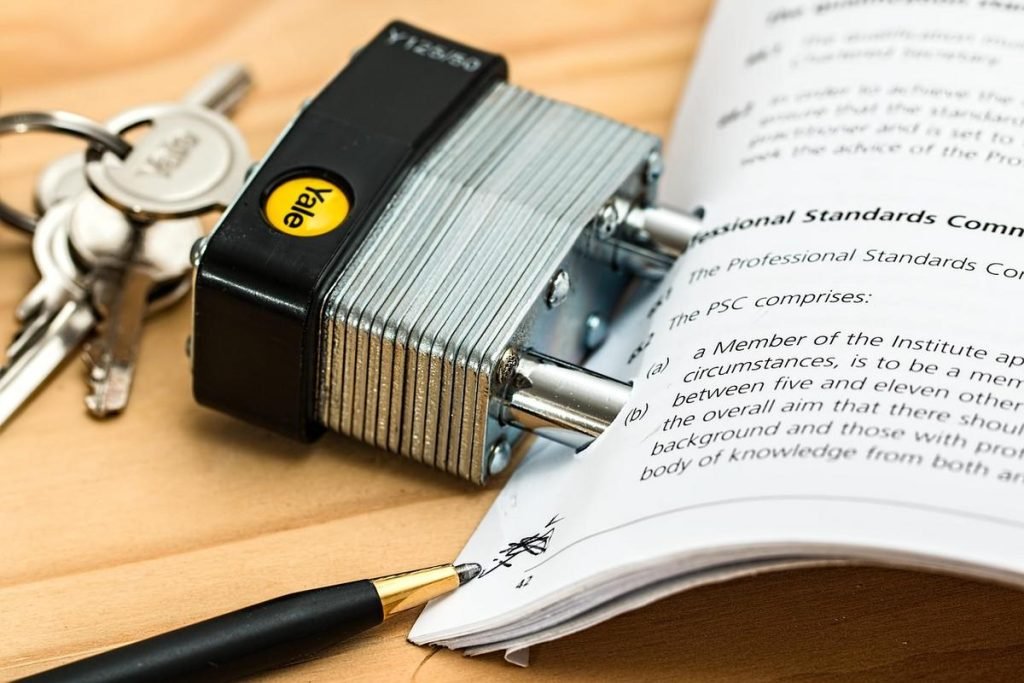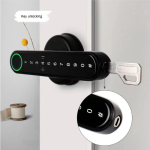Security protections that used to be simple have evolved to shield sensitive financial data.
The financial services sector is in the midst of a major shift fueled by changes in customer expectations, tighter regulations and widespread technology adoption, such as mobile banking apps, chatbot services and sophisticated trading tools. This transformation has created fresh security challenges. The way people bank, invest and manage insurance covers has shifted online, pushing firms to adopt digital channels. Oversight from agencies like the SEC and CFPB has intensified compliance demands.
These digital innovations offer speed and ease for banks, insurers and other finance firms, enabling leaders to rethink operations and client interactions. High transaction volumes and always-on digital services demand defenses that run around the clock.
Yet these gains have introduced a range of evolving cyber risks. Criminals exploit vulnerabilities to launch phishing campaigns, ransomware attacks and insider fraud.
Security integrators stand at the center of this shift. Once focused on surveillance hardware and access panels, they now craft end-to-end strategies that cover both physical sites and digital networks.
A number of banks maintain older technology that exposes them to data breaches and compliance failures, increasing chances of financial damage, harm to their brand, erosion of client confidence and potential regulatory penalties. Since breaches carry an average cost exceeding $6 million, system updates are critical.
For decades, many institutions depended on legacy biometric scanners and badge systems to secure staff and facilities. Those measures were not built for the sophisticated schemes of today. They often relied on outdated algorithms and hardware that failed to keep pace with new threats.
Common pitfalls include:
- Loss, cloning or theft of keycards
- Standalone systems that lack unified controls
- Inflexible frameworks that can't sync with new digital solutions
- Multiple authentication steps that frustrate users
Integrators step in as advisers rather than just equipment suppliers. They help bridge physical and cyber defenses into a cohesive setup that locks down all entry points and cuts gaps. They evaluate vendor systems, ensuring third-party tools meet security standards.
A core issue is not merely getting banks to buy new tech, but guiding them through how these tools operate and the impact on their business functions. Integrators provide that insight. Their expertise helps teams avoid misconfigurations that could expose customer records.
Digital identity platforms deliver scalability, compliance and efficiency, yet they require careful integration across systems before they deliver full value.
One practical option is mobile wallet–based access control. These systems:
- Use encrypted digital keys
- Tackle growing privacy concerns
- Offer flexible, scalable access for employees and customers
Driven by integrators, finance firms are moving to mobile credentials and interoperable solutions. This approach fortifies identity measures and sets up evolving protection as threats shift.
Top integrators plan beyond immediate fixes. They roll out cutting-edge digital security that extends past basic identity checks to include:
- Multi-factor authentication with biometric scans, behavior analytics and situational data
- Encryption for data in transit and at rest
- Data loss prevention to block unauthorized exfiltration
- Advanced firewall setups and intrusion detection
- Network segmentation to add defense layers
When banks adopt cloud offerings, integrators handle secure migrations by selecting cloud-ready security tools and configuring strict access policies in fluid environments. They assist with compliance for cloud data residency and encryption standards required by regulators.
Their work goes further than installation. They craft security roadmaps that adapt over time by evaluating risks in applications, infrastructure and workflows. That process begins with a detailed audit of each client’s tech and entry points, followed by pinpointing weak spots and rolling out systems that satisfy regulations while adding business value through:
- Remote management that cuts down on manual tasks
- Unified access control at all sites
- Ongoing monitoring and rapid threat alerts
They use Security Information and Event Management platforms to review logs in real time, spotting and reacting to potential threats. At the same time, they oversee vulnerability programs to ensure timely patches and stronger digital assets.
Security is integrated into the Software Development Lifecycle by promoting secure coding standards and early vulnerability testing. They align systems to work in harmony, trimming costs and simplifying access functions like printer use, building entry and encrypted communication under a single credential.
Financial firms face strict mandates such as the GLBA, PCI DSS and new digital finance regulations. Integrators guide clients through these requirements and lead incident response efforts, supplying tools and recovery plans that meet reporting obligations. These regulations often carry heavy fines for lapses and demand swift breach notification to regulators.
Sought after for their technical expertise, integrators bolster defenses, maintain compliance and safeguard trust by deploying secure, scalable solutions that mesh with existing infrastructures. Their methods support scalability, letting institutions grow without sacrificing security or user experience.
As threats mount and oversight intensifies, the role of security systems integrators becomes increasingly vital. Their work in uniting physical and digital safeguards, rolling out advanced defenses and fostering proactive strategies is central to the industry’s move toward digital-first operations.



